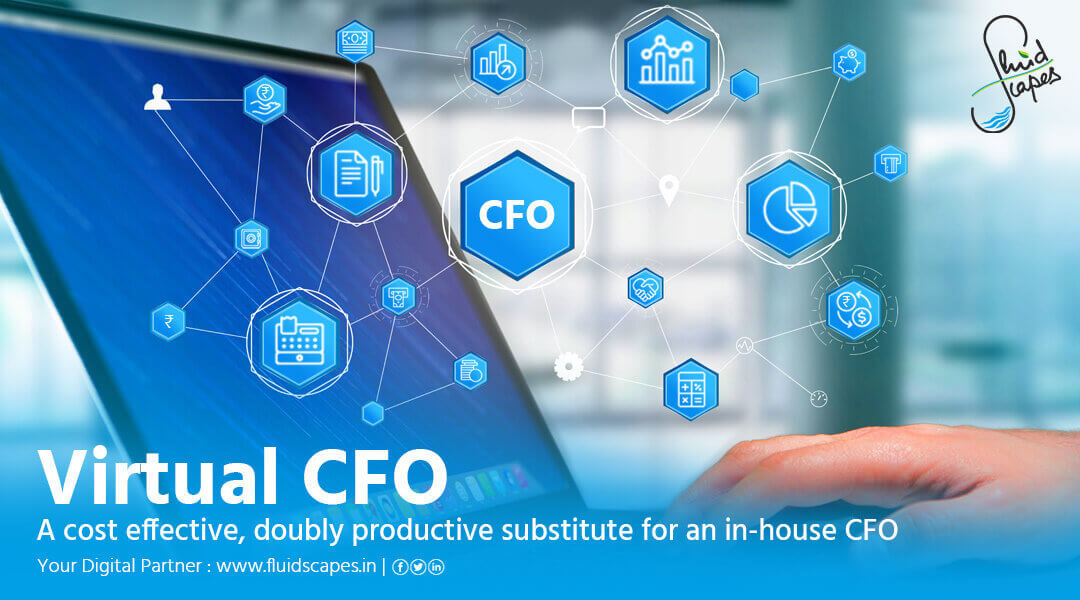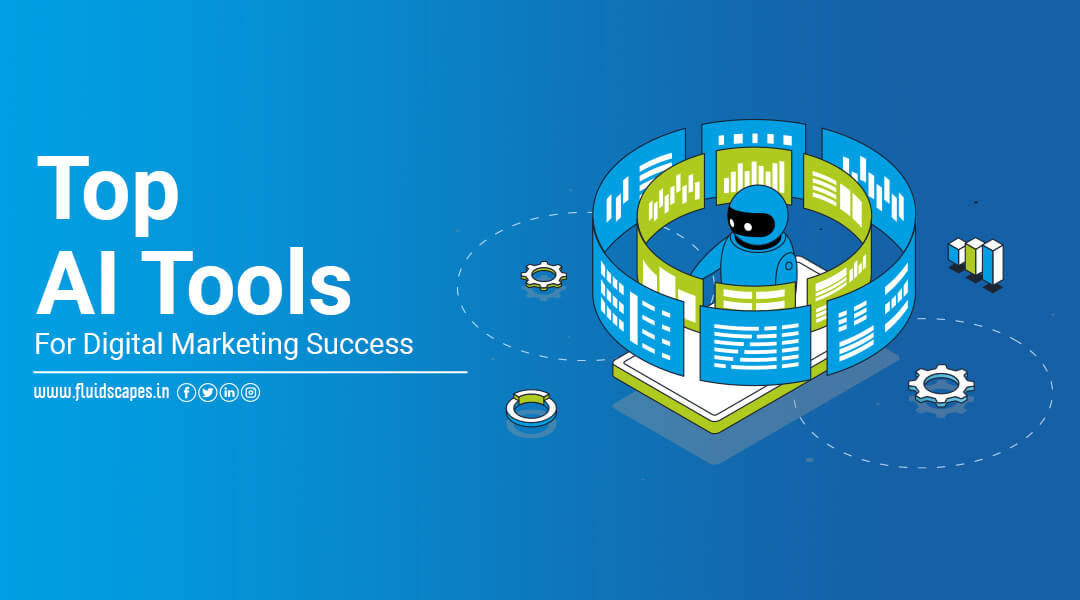
New age MSMEs to rev up the economy, with the Virtual CFOs on their side.
Right moment has come to start your startup. A Virtual CFO can help you realise this dream.
The Atma Nirbhar Bharat Abhiyan or self-reliant India Mission package came at a time when the air was filled with only distressing news. Spiralling stress and anxiety started consuming the youths as the prolonged lockdown, mounting death toll, loss of livelihood were all pointing to a very gloomy time ahead.
But then, when the darkness spreads one has to turn on the light. Instead of announcing a mere relief package to mend the economy, the government chose to walk the harder path of revival through reform – if it works it’ll floodlight the economy.
Great opportunities knocking the door. MSMEs to see an upsurge.
And the revival will come through those who endeavour, who do not sit with despair but go out and try earnestly. The Atma Nirbhar Bharat package is aimed to stimulate entrepreneurship activities that will help grow the MSME sector, the throbbing homegrown ecosystem for the manufacturing and service industries.
The pivotal message that India wants to send out to its people is that the best way to deal with a challenge is to take it as an opportunity. COVID-19 has put a roadblock to the global supply chain that used to control our economy, so it’s time to develop our own supply chain which will be no less than the global standard.
Our large domestic market, which until now would majorly feed on the imported items, can be a big motivation for new MSME startups. On top of that, constant incentives and encouragement coming from the central government that has opened floodgates for entrepreneurship growth by taking all risks on its shoulders. Now the impetus is on the determined ones to grab the opportunity, build their startups, create jobs, and contribute to the GDP.
ORM, Virtual Financial Services, ATL/BTL Marketing, Project Management, Brand Management, SEO, Web & App Development and much more.
*Your details are safe with us. We do not share or spam our valuable visitors*
Interested to find out how we could help you? Drop in your email and number and we’ll get right back!
Virtual CFOs to make going easy for the MSMEs
For any business to grow, good financial discipline and legal knowledge are of paramount importance. Guidance of a financial expert helps a business in a big way to preempt many adverse situations and build good financial health. A CFO or the Chief Financial Officer plays that crucial role in a business to achieve sustainable growth.
However, having a full-time CFO accounts for a large amount of added cost. A Virtual CFO offers a cost-effective alternative with exactly the same services expected from a CFO. The reason this is termed as virtual is that this is entirely on the Internet or cloud offering prompt attention with 100% confidentiality and data secrecy.
However, having a full-time CFO accounts for a large amount of added cost. A Virtual CFO offers a cost-effective alternative with exactly the same services expected from a CFO. The reason this is termed as virtual is that this is entirely on the Internet or cloud offering prompt attention with 100% confidentiality and data secrecy.
Much in the same manner, VCFOs have contributed to the growth of MSMEs in India. Volatility and regulatory changes are part of an emerging market like India. The VCFOs help to take correct financial decisions.
The companies realise that it’s not just cost reduction but also having the competitive advantage of experts on call. The MSMEs can concentrate on their core business activities and leave other matters such as legal, policy, compliance, investments, accounting, etc. to be handled by the VCFO.
Following are the key activities that an MSME business gets to undergo in order to maintain their growth trajectory:
- Cash flow optimization and management
- Budget planning
- Accounting and bookkeeping
- Payroll function
- Banking transactions
- Tax planning
- Compliance management
- Setting a financial direction
Clearly, these functional areas are better handled by a team of specialists, hence the need for Virtual CFO service.
Some promising industries for MSMEs
The MSME sector (consisting of the micro, small and medium enterprises) contributes to approximately 40% of the country’s GDP and is a major employment generator. The industries that are showing great prospects post-COVID are as follows:
Pharmaceutical API manufacturing:
APIs and its scarcity in India have made headlines in recent times in the context of disruption in the supply-chain for drug manufacturing in India against the world-wide lockdown. This led to the government’s decision of encouraging more API production in the country.
The Active Pharmaceutical Ingredient (API) is the actual component of a drug that causes the intended medicinal effects. Besides API a drug usually have another component called excipient that helps in proper delivery of the API in the body. Some drugs even have multiple APIs to treat different symptoms.
Although India was known for bulk API production in the past, it ceded this advantage to China, owing to the latter’s economy of scale. Currently, our drug manufacturers import the majority of the APIs from China.
But now that India has adopted the policy to become self-reliant, home production of APIs is expected to witness a jump. This sector alone can create a large number of MSME units to add to the existing ones, given the high demand for API in the domestic as well as international market.
Food Processing
India is a leading producer of a variety of food and grocery products. Production of the food grain itself is near to 245 million MT. And, in terms of consumption India constitutes the sixth-largest market in the world.
The above information simply points to the huge possibilities for the food processing industry in India where it has the advantages from both sides – the sourcing of raw materials is local and cheaper and the demand for the finished product is high.
But the irony is that the food processing industry hasn’t picked up well in India. While the fruit and vegetable processing in India remained as low as 12% or even less, in many western countries over 80% of their food is processed.
This prompted China to set up numerous food processing parks and capture a whopping 43% of the world’s processed food market. India is way behind with its tiny share of 3% of the world market; this points to the abundant scopes for the food processing companies in the domestic and international markets, especially when the world is shaky about China. The Atma Nirbhar Bharat package has astutely addressed this opportunity by triggering reforms to strengthen MSMEs to increase investments in food processing.
The Govt. of India recognises all food grains, fruits, vegetables, dairy, poultry & meat products, and fishery products as the sub-segments of food processing. And as a country with rich agricultural bases, animal husbandry, forest and marine resources, there is every possibility of witnessing a huge growth in the food processing industry in India and creating great job prospects in the rural areas.
Electrical and Electronics Industries
In the modern age, development is simply measured by the use of electrical and electronics equipment. Therefore high growth of this segment is natural in a development hungry country like India.
According to a recent report, the electrical and electronic equipment market in India will reach US$ 400 billion in 2022. Until now, the majority of demand in this market would have been met through import. Now that the import is restricted, the MSMEs are getting great encouragement to match the requirement and seize the market.
Country’s thrust on the urbanisation and civic development of remote villages accounts for a rapid increase in power generation & distribution. Besides conventional coal and hydro based power stations, the increasing focus on alternative and eco-friendly power generation such as solar power and wind power are expected to be big tractions for MSME growth in this segment.
An opportunity has also born out for the MSMEs to set up ancillary industries to feed the manufacturing of heavy electrical equipment. Earlier most of the ancillary parts would have to be imported. The total market size for the electrical equipment in India is expected to be US$ 100 billion by 2022. It is also important to note that the government has set up the Electrical Equipment Skill Development Council (EESDC) to improve critical manufacturing skill required for the electrical machinery industry.
Similarly, a robust scope is forthcoming in the electronics sector due to the massive consumption of industrial and consumer electronics, computers, communication and broadcasting equipment, strategic electronics and electronic components in the country.
The growth in the telecom sector deserves a special mention. With the country, all set to upgrade to 5G and the digital technology sweeping the Indian society the demand for smartphones is going through the roof. The Make in India initiative along with several policy liberalisations is about to attract big players into this sector and encourage MSMEs to create the right eco-system.
IT / ITeS
India is already a proven player in this segment with a turnover of around US$ 180 billion, majority of which accrued from the businesses with the US and Europe based clients. This makes its fortune to be linked with the performance of these market post-COVID-19.
However, as the present situation signalling towards the massive scale of economic recovery in all countries, cost-effective IT and ITeS solutions are expected to have a large demand from other markets as well.
This can bring great opportunities to the Indian IT industry that can offer their core value proposition at a competitive price point. Digital transformation is likely to take the leading role in these economic restructuring processes which will give the Indian IT service startup companies an extra advantage due to their high skillset and innovations.
Industrial reconstruction is also expected to see an upsurge to facilitate fast economic recovery in the post-COVID period. This will call for up-gradation to Industry 4.0 standard that is based on unification or integration of the individual processes.
Industry 4.0 is the new global standard that ensures a great deal of improvement in productivity and efficiency of a plant or factory, by employing several digital tools such as cloud computing, big data, augmented and virtual reality, artificial intelligence, deep learning, robotics, additive manufacturing, etc.
Rules for Annual Filing & Compliances for the MSMEs
All MSME companies registered in India such as private limited companies or one-person companies must file the MSME form 1, also known as MCA to submit annual return and income tax return each year.
The company must conduct an annual general meeting at the end of each financial year before filing the annual return.
The annual general meeting for the newly incorporated companies should be held within 18 months from the date of incorporation or 9 months from the date of closing of the financial year, whichever is earlier.
What is MSME Form 1 or MCA?
The MSME I Form is to provide information on a half-yearly basis in the context of the outstanding payments to Micro or Small Enterprises for a period exceeding 45 days with the Registrar of Companies (ROC).
Apart from the MCA annual return, income tax turn must also be filed every year, irrespective of income, profit or loss. This means even the dormant companies with no transaction will have to file income tax returns.
For the private limited companies, limited companies and one-person companies, the income tax return to be filed by submitting the Form ITR – 6. The due date for filing IT returns is on or before 30th September.
ORM, Virtual Financial Services, ATL/BTL Marketing, Project Management, Brand Management, SEO, Web & App Development and much more.
*Your details are safe with us. We do not share or spam our valuable visitors*
Interested to find out how we could help you? Drop in your email and number and we’ll get right back!
Late Filing Penalty for MSME Form 1 or MCA.
The section 405(4) which includes non-furnishing/incomplete/incorrect information penalty states a fine up to Rs.25000 (Co.,), Rs.25000/- (Min) & Rs.3 lacs (max) and imprisonment of 6 months for directors or both. Therefore it is mandatory for directors to file the MSME form 1.
Procedure for Filing MSME Form 1 (MCA)
The MSME Form 1 should be filed giving details of all the outstanding / dues against the micro or small enterprises suppliers that are existing on the date of notification of the related order within 30 days from the date of deployment of E-form MSME- 1 on the MSA portal.
POPULAR BLOGS













